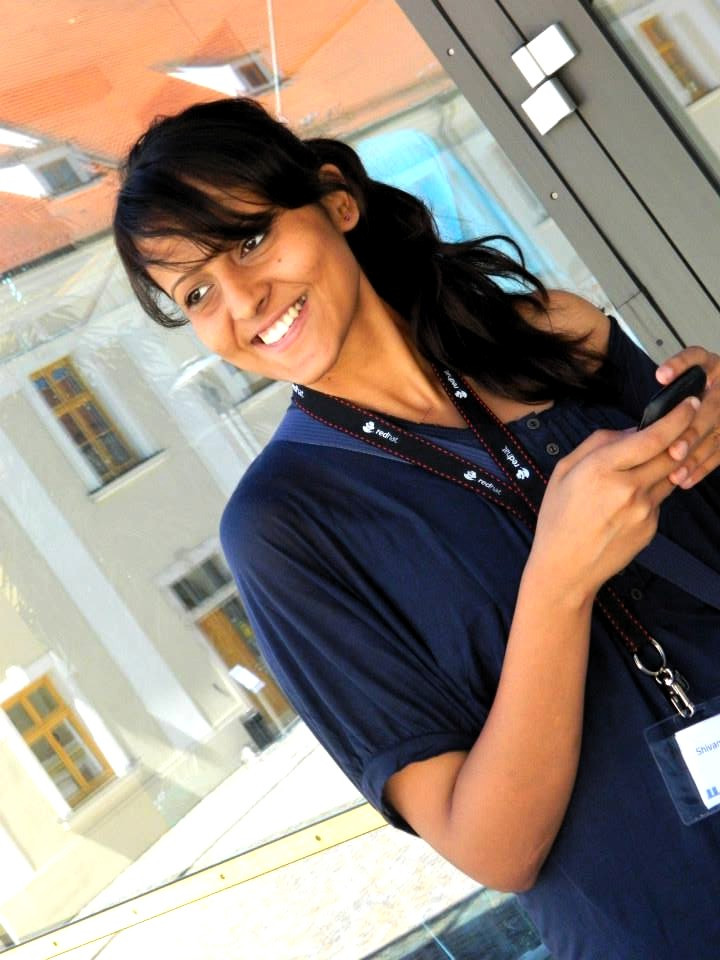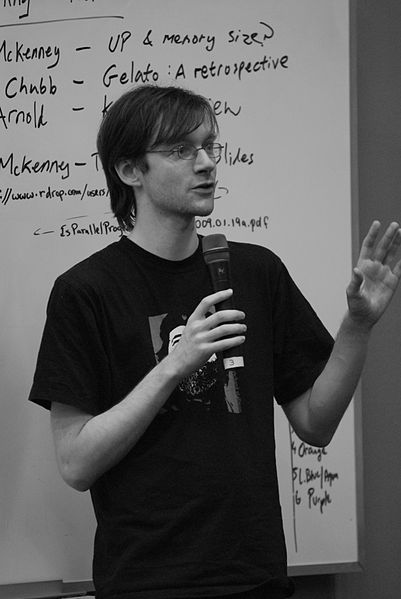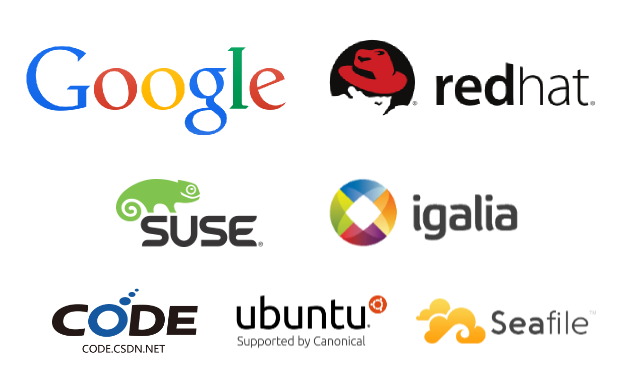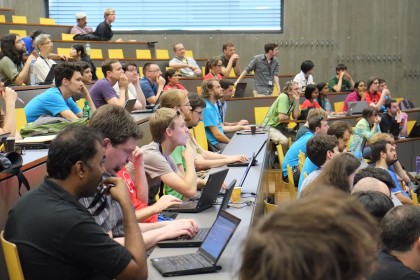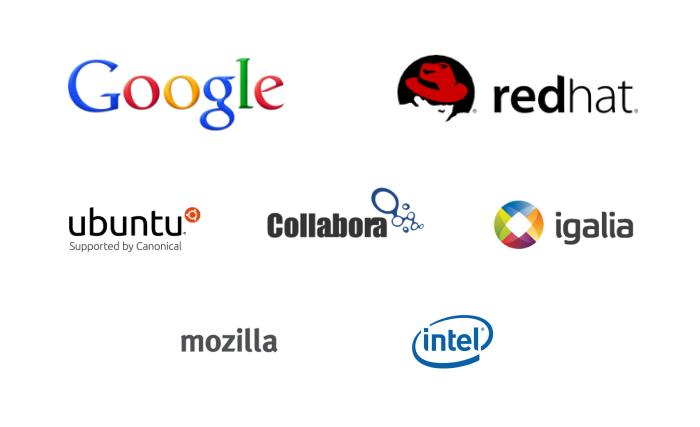
The life of Matt Dalio changed when, at very young age, he lived for a year in Beijing, China.There he was able to discover difficulties suffered by many children, many of which were orphans.
Starting from this experience Matt decide to start the China Care Foundation an association that has raised over $14 million to provide support to special needs Chinese children.
But Matt has also a dream: to improve lives of millions with use of free software in his latest endeavour, Endless mobile.
Matt shared with us his visions and projects during his keynote talk, at GUADEC.
Q: Your life changed when you first went to China at the age of 11. Do you think that the spirit of cooperation inside the China Care Foundation is comparable in any way to inspiring free software communities?
A: When I was first learning about the free software community and talking with individuals in that community, I was struck by just how much we have in common. We all want to give free access to people who need it. We all believe in the power of software to unlock the potential in people.
China Care Foundation is very much a collaborative effort. In the years since I founded it, the network of individuals who contribute — from dollars to volunteer time to giving an orphan a true home — has grown immensely. Right now, in addition to individual contributors, China Care has clubs on 52 campuses around the United States; college kids collaborating to give live saving surgeries, foster care placements, and adoptive families to orphans in China. It has been incredible to see this network of people, from their respective places in life, working towards the same goal. There’s so much power in that.
Q: Tell us about your keynote at GUADEC.
A: Staggering statistic: 5 billion people on earth do not have Internet access.
We think that computers are everywhere, but they aren’t. 80 percent of the world does not have access. Isn’t that amazing? And yet you’d never know walking around our little corners of the world. What we don’t realize is that for all of the towns that we drive between and cities that we fly between, they are all pretty much part of the same little subset of the world. It’s like walking around on dry land and not realizing that 80 percent of life on earth exists under the sea. You wouldn’t know it unless someone told you about it.
My goal was to tell people about it. To give a vivid picture of what it looks like. To help people understand what the *middle* of the pyramid looks like. These are people who want computers. They have electricity. They are literate. And they have money. It’s not just that computers are too expensive for them. The real problem is that technology has never been built with them in mind. What does someone do when they live in a place that has no hope of getting Internet access? What is a computer without the Internet? It’s a Microsoft Word machine. So who would buy such a thing? And yet that is 80 percent of the world.
The examples go on and on, of cases where you think about how what technology could be for someone in that market. It could be infinitely more powerful than it is for you or I, because that person is also lacking access to the basic necessities. There are not enough good doctors to give quality health. There are not enough teachers to give quality education. There are not enough good jobs. Yet a computer with the right applications can be answers to all of that. Just being able to search Wikipedia for Dengue Fever can be enough to save a life. Imagine what else you can do? A link to Khan Academy or Code Academy is enough to change the direction of a life.
Technology has solved innumerable problems in the world, and yet the people who build technology don’t make a living of understanding what it means to people who do not have technology. So there isn’t really anyone building software for that part of the world, and those who do go way down to the bottom of the pyramid where there all sorts of other challenges.
My goal was to speak to the Gnome community about just how large of an opportunity this can be for Gnome. Billions of people are waiting for a computer. Waiting for an operating system that is built with them in mind. And with just a little bit of effort and a little bit of understanding, we can reach them.
Q: What did you expect from GUADEC?
A: I certainly did not expect what I got. The response to my talk was overwhelming in the volume of support. Goodness, what a community. Plus, it was just such a great community of quality human beings. Really, I am proud to call it a part of my life.
If you missed Matt’s talk at GUADEC, read more on the Endless Mobile webpage!

